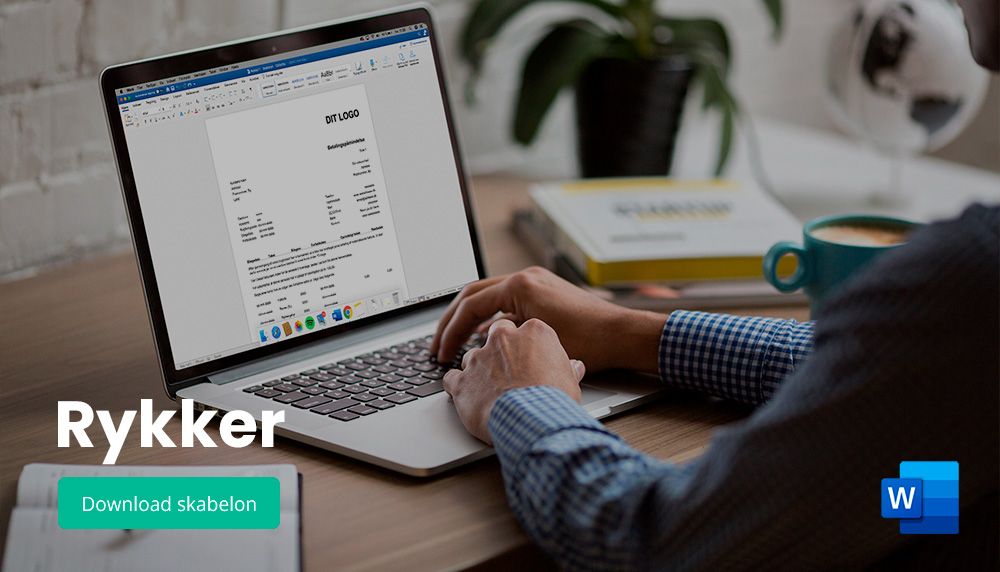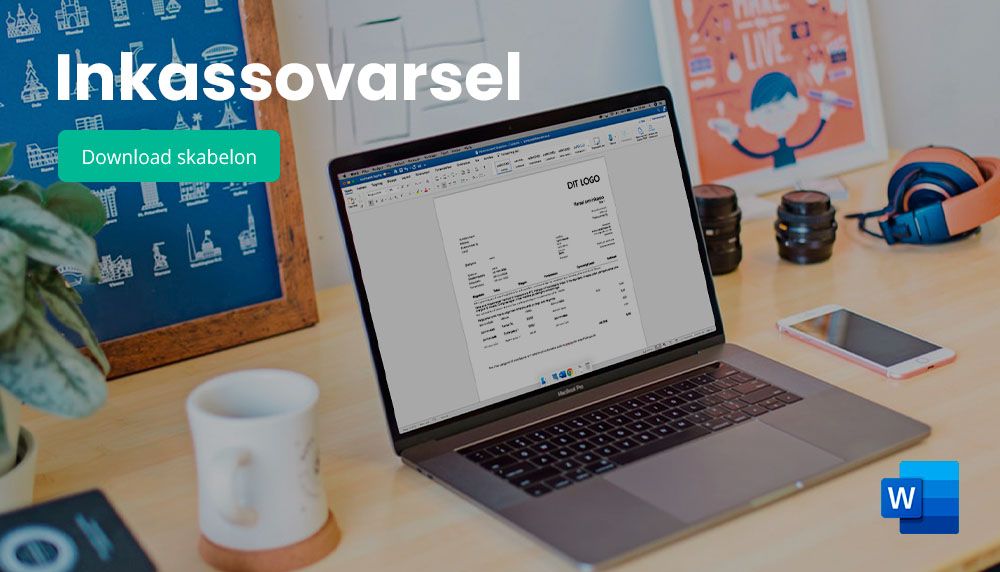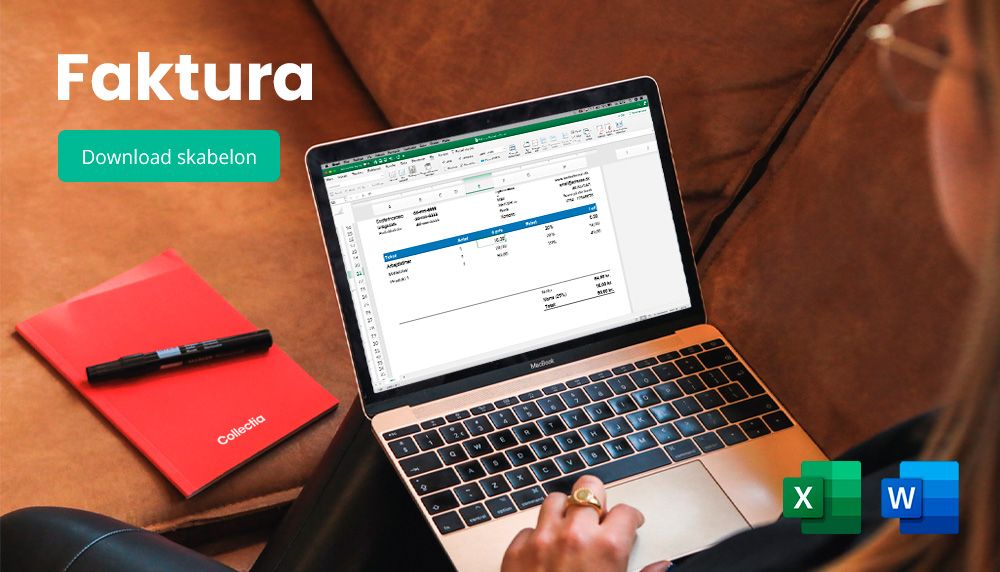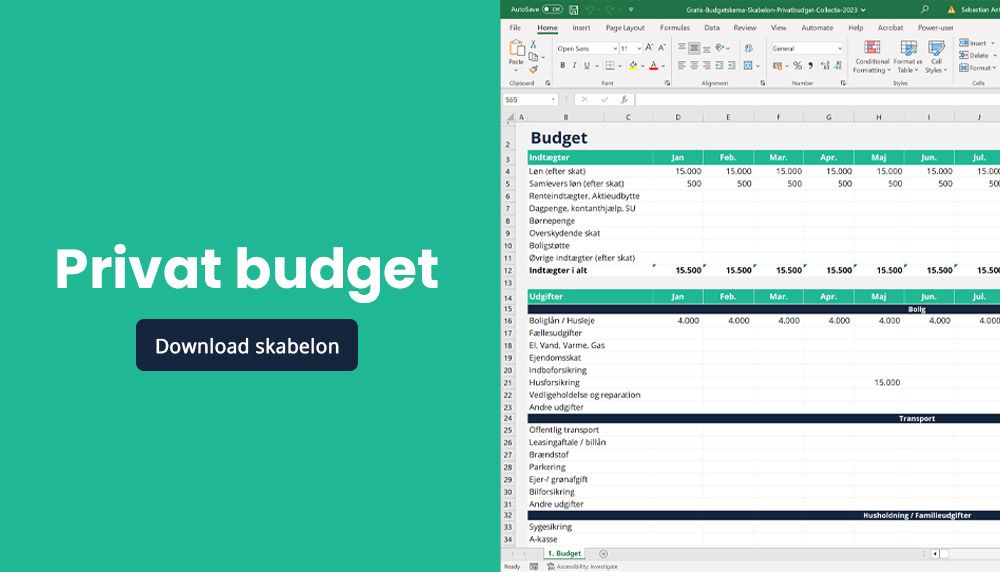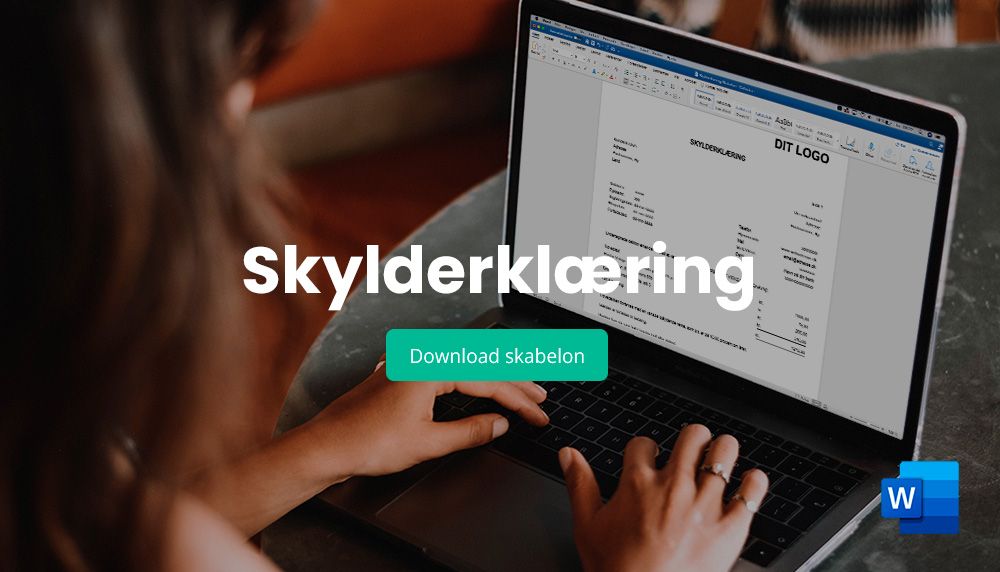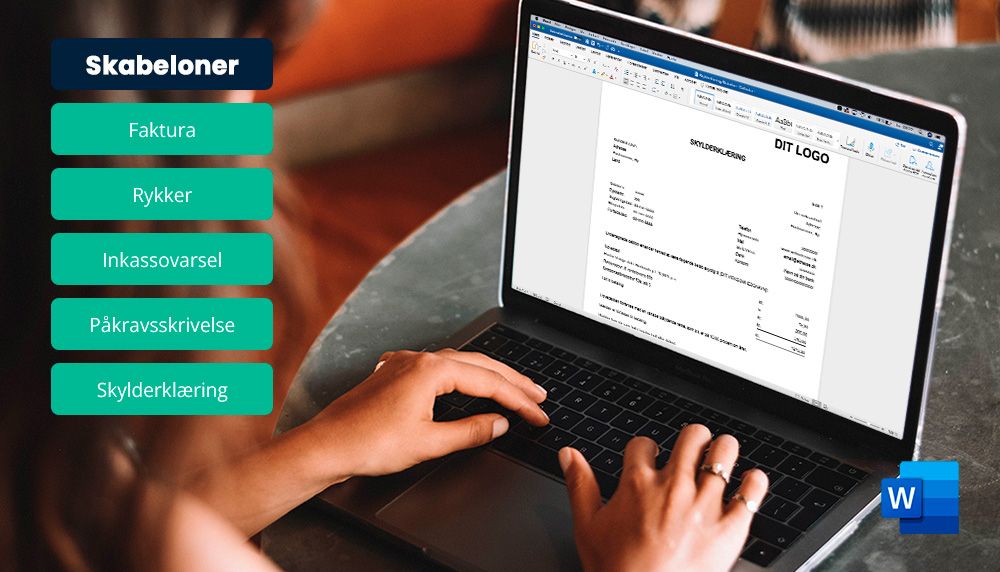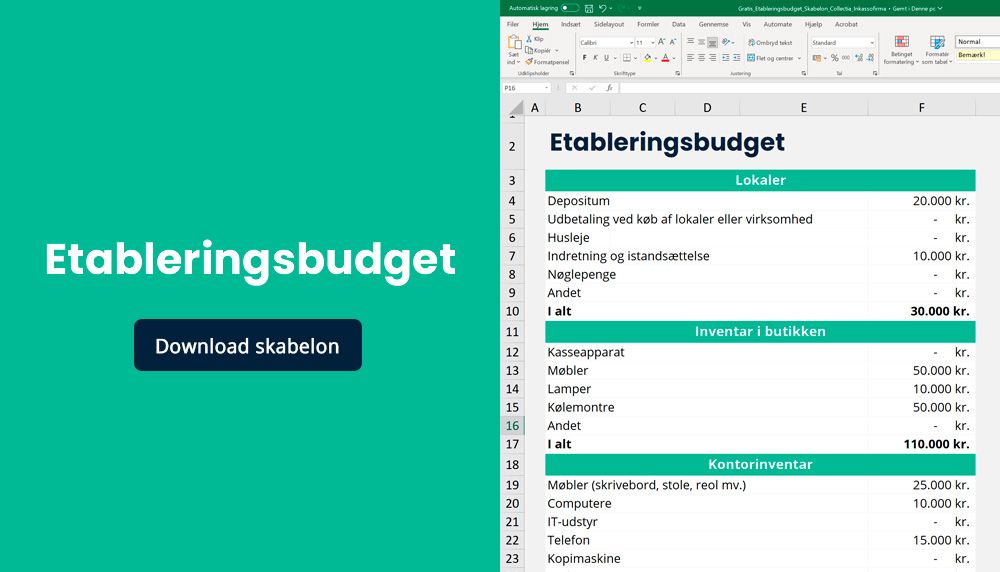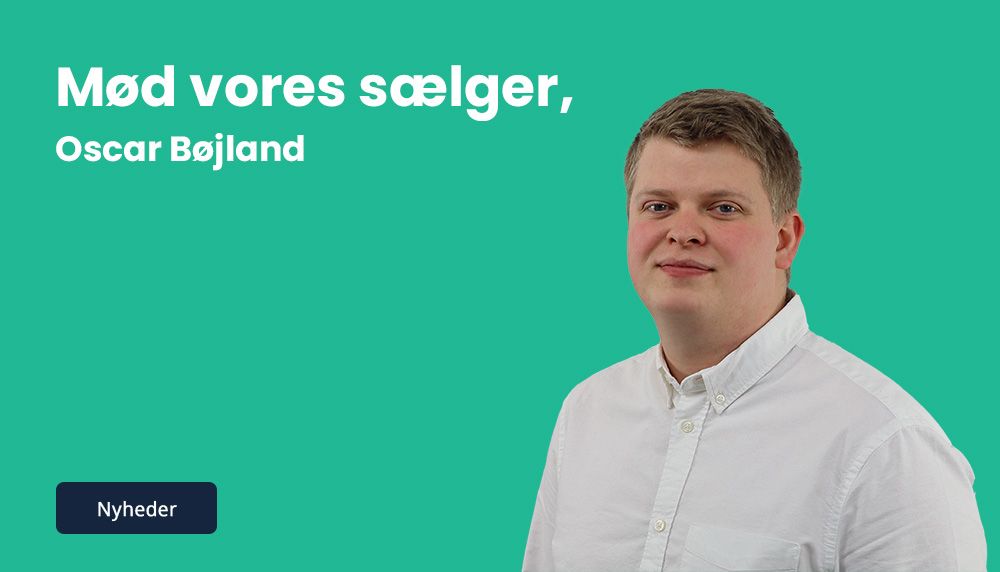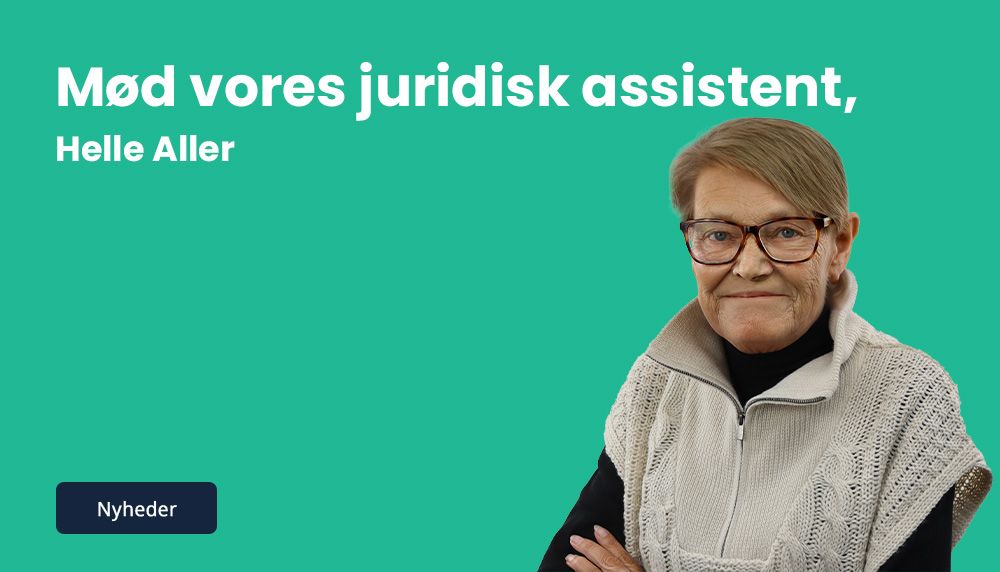
Bailiff proceedings
Bailiff cases are cases handled by the bailiff in the bailiff court. Annually, the Danish bailiff courts handle around 25,000 cases. In 2023, the number of cases was 26,891.
The majority of these cases, and thus a typical enforcement case, deal with payment issues - specifically, non-payment. Bailiff cases usually involve summoning people who owe money with the aim of resolving the financial dispute between debtor and creditor.
However, enforcement proceedings cover more than just non-payment. For example, an enforcement case may involve a situation where a tenant has been terminated from a tenancy but refuses to move out. In such cases, the landlord can request the bailiff's assistance to get the tenant out. This is also a type of enforcement action.
Enforcement proceedings generally include all cases where one party attempts to enforce a claim against the other party. These cases usually involve non-payment and are also known as judicial debt collection.
The bailiff court is part of the city court and can be found in 24 major Danish cities, including Copenhagen, Aarhus, Odense, Aalborg and more.
What happens at a bailiff court meeting?
There are many types of cases that can be handled in a bailiff case. The most common are cases of non-payment between a debtor and a creditor, popularly known as judicial debt collection.
At such a bailiff meeting, there will be a creditor or their representative, a debt collection company or a debt collection lawyer (referred to as the requester), a debtor and a bailiff.
The bailiff, who is the person in charge of the meeting, is responsible for holding the meeting. The creditor is often physically present or present by phone. The debtor must be physically present. If the debtor is absent from a bailiff meeting without prior notice, the debtor risks being picked up by the police.
The creditor or bailiff will typically start the meeting by asking about the debtor's ability to pay the amount owed. If the debtor is unable to pay, the bailiff will inquire about the possibility of an installment plan or seize any assets and belongings.
What are the benefits of a bailiff case?
There are several advantages to taking a case to the bailiff, whether it's for non-payment or other claims.
A bailiff case does not necessarily lead to a settlement between two parties, such as the debtor and creditor, but the outcome of a bailiff case legally has almost the same effect as a judgment. This means that in the event of non-payment, the creditor has the bailiff's confirmation that the debtor owes money.
This has the consequence, for example, that the creditor's claim does not expire after 3 years, as is the case with ordinary invoice claims, but only after 5 years.
For example, if the debtor is unable to pay all or part of a payment claim immediately, it is possible to establish an installment plan or attach the debtor's assets.
Help for enforcement proceedings
At Collectia, we help businesses with enforcement cases on a daily basis, often after debt collection processes have been completed.
If you need help with debt collection, legal debt collection or enforcement proceedings regarding non-payment, you are always welcome to contact us.
